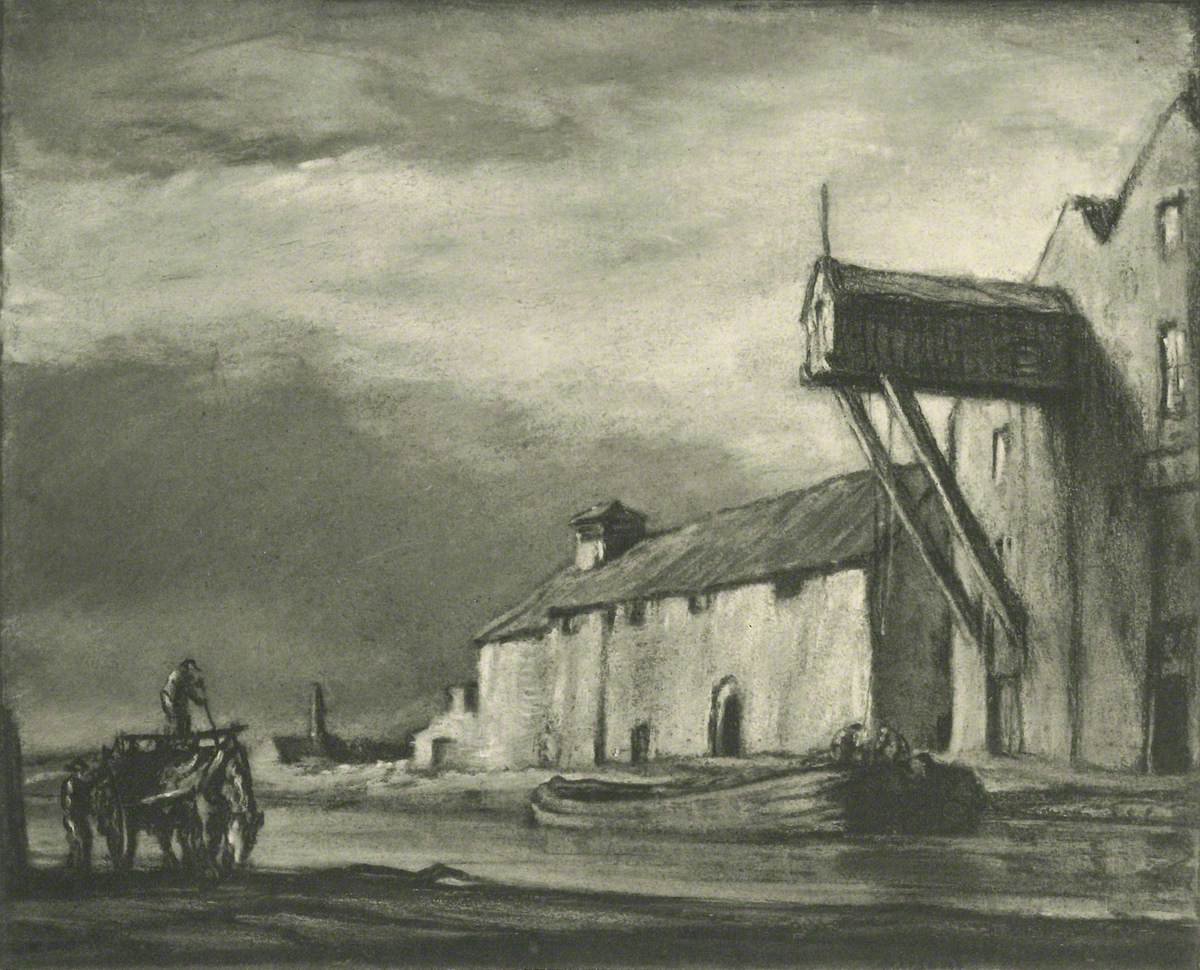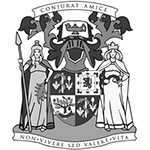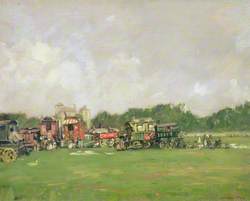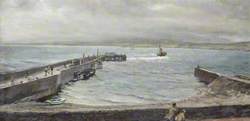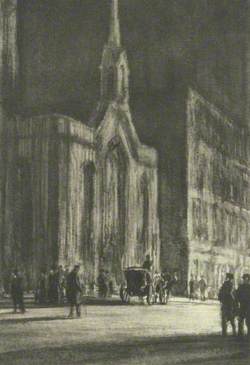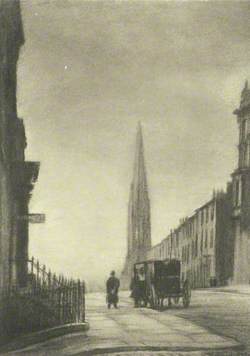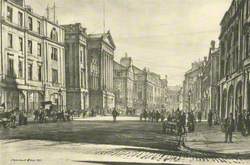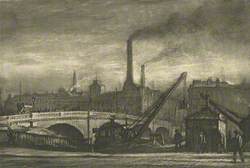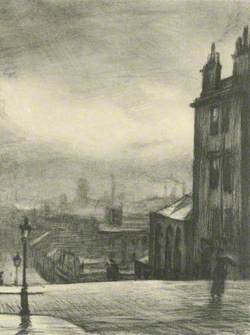How you can use this image
This image can be used for non-commercial research or private study purposes, and other UK exceptions to copyright permitted to users based in the United Kingdom under the Copyright, Designs and Patents Act 1988, as amended and revised. Any other type of use will need to be cleared with the rights holder(s).
Review the copyright credit lines that are located underneath the image, as these indicate who manages the copyright (©) within the artwork, and the photographic rights within the image.
The collection that owns the artwork may have more information on their own website about permitted uses and image licensing options.
Review our guidance pages which explain how you can reuse images, how to credit an image and how to find images in the public domain or with a Creative Commons licence available.
Notes
Add or edit a note on this artwork that only you can see. You can find notes again by going to the ‘Notes’ section of your account.
Born in Partick, Muirhead Bone trained in an architect's office while studying at evening classes at the Glasgow School of Art. His early sketches in various books and periodicals first drew attention to his artistic talent. He took up etching in 1898, and became ‘master of the etching needle’. Glasgow's architecture provided the inspiration for many of his works, published in ‘Etchings of Glasgow’ and ‘Glasgow in 1901’. He moved to London in 1902 and further enhanced his reputation with etchings of buildings in England. A visit to Italy in 1910 also resulted in some fine examples of his art. Bone was an official war artist in both world wars, in France and with the Royal Navy in the First World War, and again with the Admiralty, 1940–1943.
Royal College of Physicians and Surgeons of Glasgow
Title
The Canal at Port Dundas
Date
1911
Medium
photogravure on paper
Measurements
H 29 x W 39 cm
Accession number
RCPSG/1/12/9/25/11
Acquisition method
purchased, c.1911
